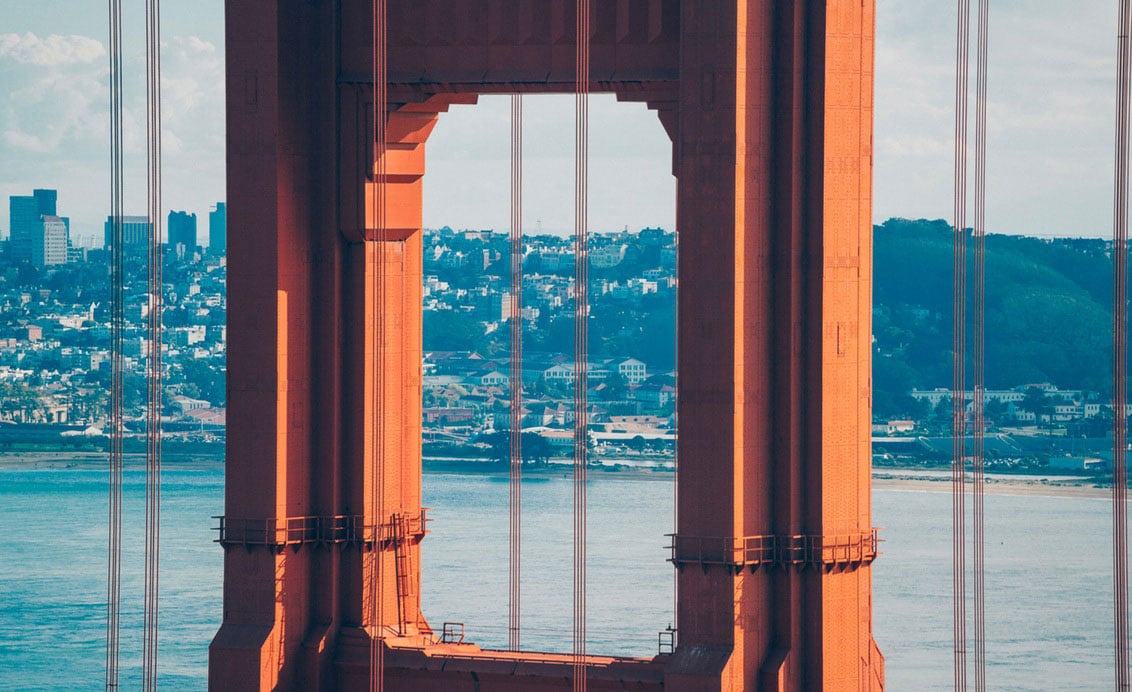Technology has bypassed sectors across and has helped them realize dreams, which they never thought existed. The event management industry which is growing at a rate of 20-30% and expected to reach $10 billion in ten years time have already started to realize the importance of tech in planning events and more so for a breed of tricky generation - The millennials. Millennials want experience more than anything and if you are successful in creating that experience which connects with them, you are half way into winning the customer loyalty battle. A study, conducted by IPSOS on behalf of Eventbrite, found that Millennials spent a staggering "£419,556,233 each month on attending live events."
Here are 5 innovative tech mediums which will change the way we market brands to millennials in the years to come:
Mobile Guides to Replace Print
Mobile event guides and tools will take precedence over print, eventually replacing print as the primary guide format. Updating via cloud will reflect real-time changes and since these can be connected to the related social media, sponsors would find a new way to observe consumer interest and push marketing.
Data and cloud driven evolution
As big data tools become cheaper and more readily available, event managers will be able to deliver better products and services - having mined information collected on customers, the community and the event. Shaping content and managing experience from anywhere at anytime will be just be a step away since everything will be on a cloud medium. Rio's FIFA World Cup and 2016 Summer Olympic Games are brilliant examples of how a cocktail of big data, social media and mobile adoption can work. Brazil, which prides having the fourth highest internet usage in the world, used it in its favour by powering major events and parallely creating strong business propositions for sectors across. Close to half of millennials (48%) say they attend events so they have something to share on social channels. So, make your event Instagram-worthy by creating on-site photo opportunities that people want to share. Be sure to display your event hashtag prominently throughout your venue and encourage attendees to use it when they post.
Augmented Reality Experience on Event Floor
Beyond beacons and tweeted prize-hunts, technology stands to break even more new ground in the realm of interactive event spaces. While GPS and geo-caching are still popular for scavenger hunts, augmented reality has proven to be a huge step forward in location-based mixed-reality games for corporate team building. There have been experiences where instead of playing on a [map layout], one can walk around in the real world while looking at your screen. You can take over territory, collect virtual items and use them to become more influential. Augmented Reality marketing is the perfect strategy for reaching millennials; and event floors are the best place to experience it.
Wearable tech
Music festivals have been at the forefront of this trend: Lollapalooza offers festival attendees wearable technology that links to their credit card information and via radio frequency identification, the bracelets let people pay for food and drink by only tapping. Food carnival events allow participants to wear on-site wristbands to capture moments and information too. For e.g. if you like a sample of a dish at a food event, the wristband can might as well send the recipe to you. Hence, wearable technology may well add yet another layer to the event ecosystem.
The Drone Capture
Drones and drone-inspired technology help remote attendees experience the event online, through interactive and immersive first-person views. Camera drones are becoming an incredible technology used in various industries, and the event space is one that will soon take full advantage. Some summits use drones to capture the aerial view of the event and cast the streaming of the pictures and videos in social media making them accessible to all.
Conclusion
Video, audio and virtual spaces that capture the key ideas and takeaways of an event that's already happened mean that event planners can offer something additional and powerful to the hosts of industry functions - the ability to allow participants to re-enter and re-deploy their learning and insights in the future. Today, reaching Millennials can seem like hard work but not anymore with the advent of technology, and why not tread the correct one since they're an audience worth fighting for.


